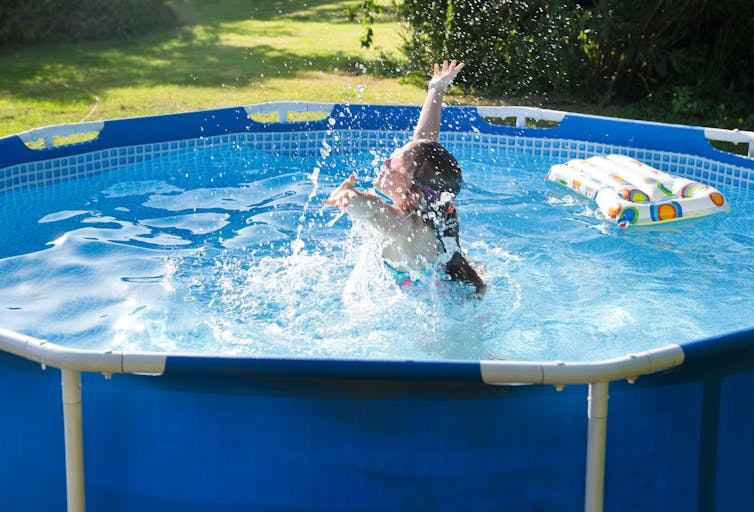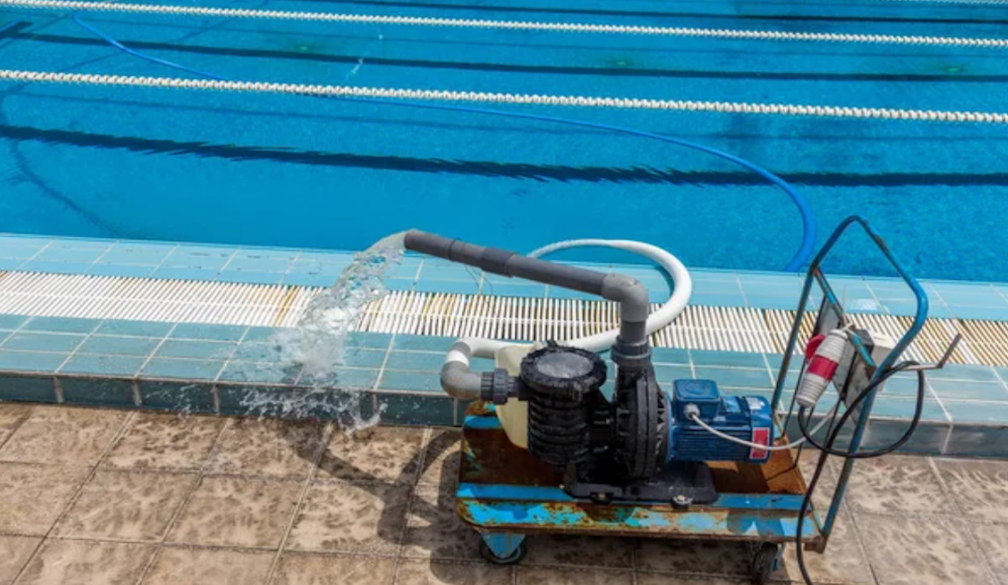here's what to do if your child has oppositional defiant disorder
- Written by Jade Sheen, Senior Lecturer, School of Psychology, Deakin University
Defiance and tantrums are common in childhood. Parents will often tell us about the 30-minute tirade they faced because their child wanted a blue bowl, not a yellow one. Or the screaming and crying that ensued when the parent was brave enough to suggest that drawing should be reserved for paper, not walls.
How, then, do we know when these behaviours represent a more serious problem?
Read more: 'No, I don't wanna... wahhhh!' A parent's guide to managing tantrums
When considering a young person’s behaviour, psychologists will typically consider what is happening, how long the problem has existed, and the impact. When rebellion or anger becomes frequent enough to impact on the young person’s schooling and relationships with friends and family, a diagnosis of oppositional defiant disorder or ODD may be considered.
ODD is a pattern of disobedient, hostile, and defiant behaviour directed towards authority figures. Children with ODD rebel, are stubborn, argue with adults, and refuse to obey. They have anger outbursts and a hard time controlling their temper.
ODD can negatively impact a young person’s educational options as they struggle to adapt and conform to rule-based school structures. It can affect their home lives, as anger and defiance cause tension in their relationships. And, if unaddressed, it can damage their future employment prospects.
ODD is one of the most commonly encountered disorders in children and adolescents, seen in 1-16% of the population, depending on the criteria and assessment methods used.
Rates of ODD appear to be higher in boys than girls. But some researchers argue that the criteria used to diagnose ODD unfairly favour boys.
ODD affects families from all backgrounds and can be difficult to predict, as there is no single cause. However, some factors make a person more vulnerable to developing ODD: a family history of behavioural difficulties or substance use, poverty, lack of structure, community violence, and inconsistent parenting.
 Anger and defiance can strain relationships.
Oleg Golovnev/Shutterstock
Anger and defiance can strain relationships.
Oleg Golovnev/Shutterstock
Young people who seek treatment from an accredited professional who uses evidence-based treatments can have good outcomes. Treatments typically include support for parents and the school, combined with individual therapy, most often using cognitive behaviour therapy (CBT) to improve anger management skills and encourage alternative methods of communication.
These treatments should help you talk to your child with fewer escalating arguments. They should help your child manage their anger more effectively, and ensure that all parties are working together. While arguments and defiance may linger, there should be a notable reduction during and after treatment.
Read more: Evidence-based parenting: how to deal with aggression, tantrums and defiance
If defiance is a behaviour you struggle with at home, or your child has been diagnosed with ODD, there are several things that you can do as a parent.
1. Avoid standoffs
Young people will often maintain their position if they have an audience, even if they know it’s unhelpful. This can be managed by minimising the number of people present and giving the young person a chance to back down without losing face.
If you have a defiant child in your classroom who is refusing to sit with their peers, for instance, you might say “I am very disappointed that you do not want to join us. We will need to talk about this together after the bell goes”.
Moving on to the activity and not focusing on the behaviour will then give the child a chance to make a different decision.
This same approach can be used by parents when siblings are present.
2. Offer limited choices
Offering limited choices can help you avoid the defiance that may accompany a parental request.
Consider the following scenario: your child is having fun in the pool and, despite being called for dinner, doesn’t want to get out. You feel that your authority as a parent has been directly challenged. You demand that they get out – NOW!
They refuse. What do you do?
 Plan B?
Schab/Shutterstock
Plan B?
Schab/Shutterstock
You can get in the pool and chase after them (but it could be dangerous for one or both of you). You could ignore the defiance (but then the child learns that defiance works).
Or you can offer limited choices. In this example you might say something like:
I can see you’re having a good time. I imagine you don’t want it to end but dinner is on the table. It seems to me you have two choices. You can get out of the pool, have some dinner, and we will make it in time for netball tonight. Or you can stay in the pool and miss out. It’s up to you.
Option two (our consequence) is something that you can directly manage (whether or not you take them to netball).
3. Consider their point of view
Oppositional children sometimes refuse to comply in an attempt to express their frustration or anger, or to try and regain control of their world. While you may not agree with their point of view, hearing them out lets them know you are genuinely interested in their ideas and that, where possible, you will work together towards a resolution.
Consider a teenager who refuses to come home when a clear curfew has been set. You can punish them and get into an escalating power battle. Or you can ask them why they want a later curfew, how it will work with school and their other responsibilities, how you will know that they are safe, and so on.
Reflect their arguments back to make sure you have understood their perspective before you rush to respond.
4. Look for triggers
All behaviour is a communication. Sometimes we get so lost in trying to respond to defiant behaviour that we forget to look for triggers.
Some triggers are directly related to the incident of concern. Others, such as fatigue or problems with friends, occur in the background but challenge the child’s coping resources and lead to a later escalation.
Once you have identified triggers you can make a plan to address them together.
Let’s say your four year old comes home from kindergarten and throws their bag down, stomping angrily across the room. You ask them to take out their lunchbox so that you can clean it. Screaming ensues.
In this instance you can:
Observe: I noticed that you threw your bag down and that you are stomping very loudly. It makes me think you are angry.
Validate: It’s OK to feel angry, we all do sometimes.
Redirect: Next time you are angry, do you think you can tell me so we can stomp our feet together? That seems a little safer than throwing your things.
Most importantly parents, extended family and school staff need to work collaboratively. This means talking regularly, being clear on the best approaches for supporting your child, and communicating the plan back to your child as openly as possible.
Read more: Looking online for info on your child's health? Here are some tips
Authors: Jade Sheen, Senior Lecturer, School of Psychology, Deakin University



















